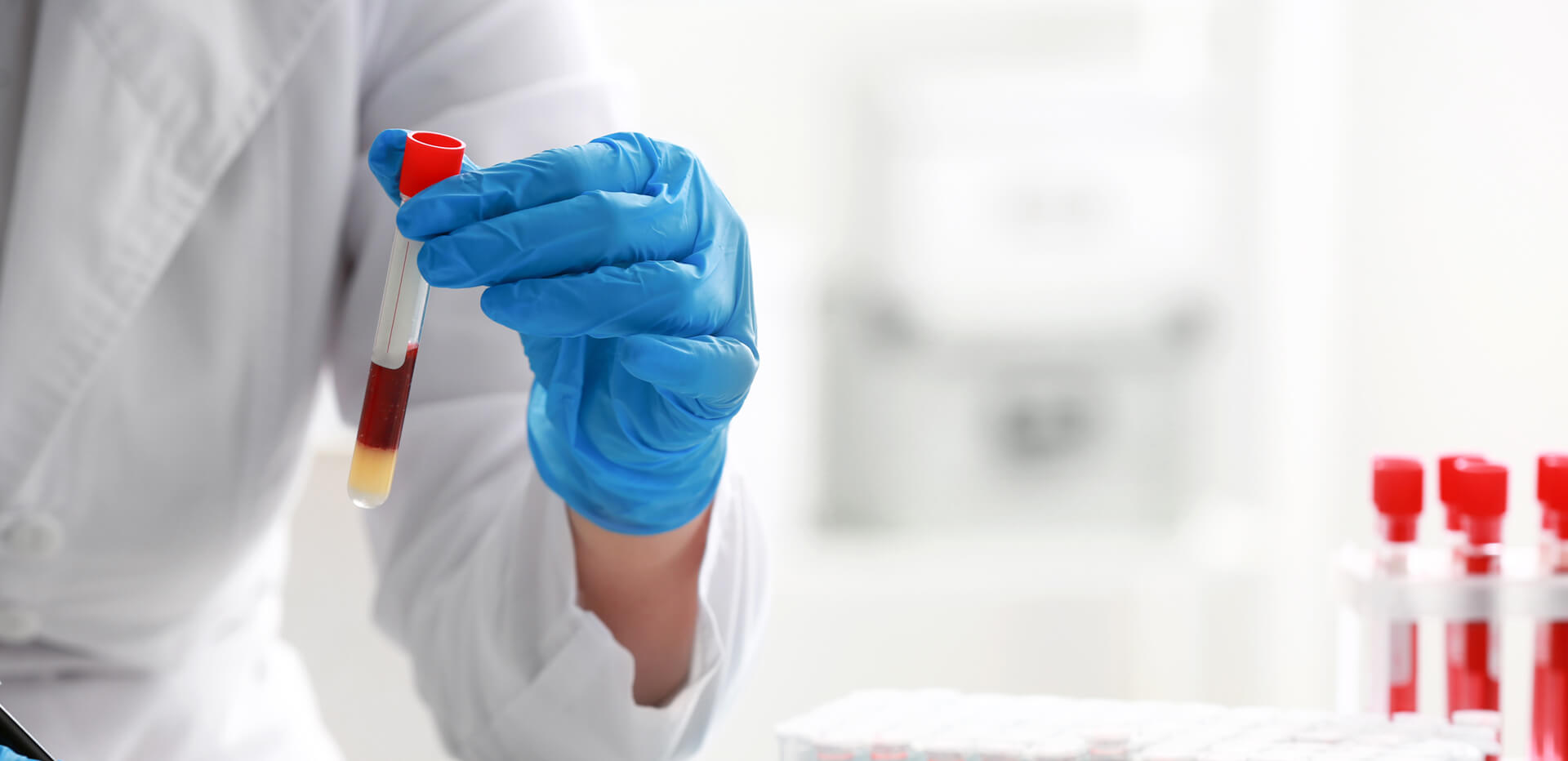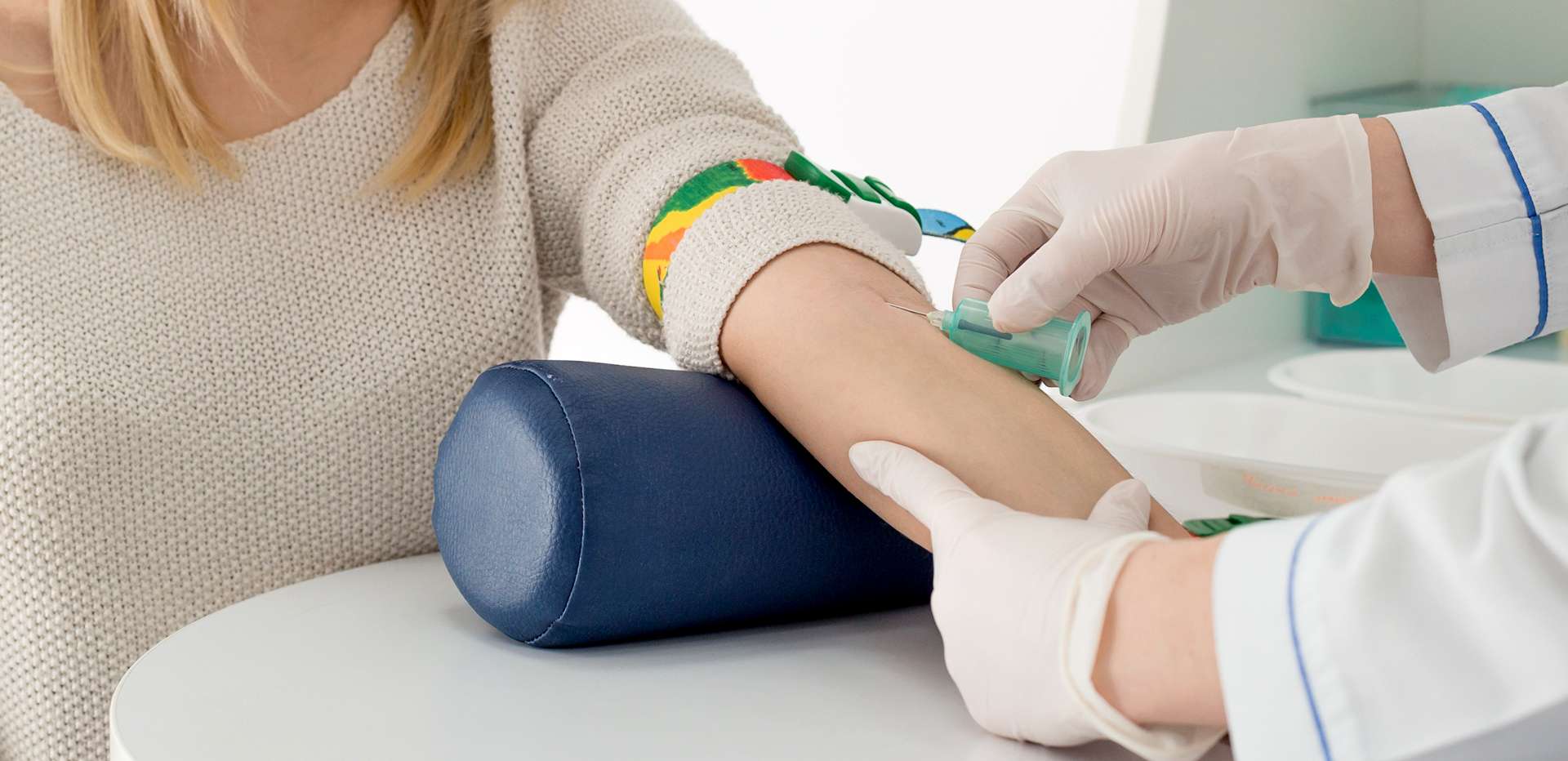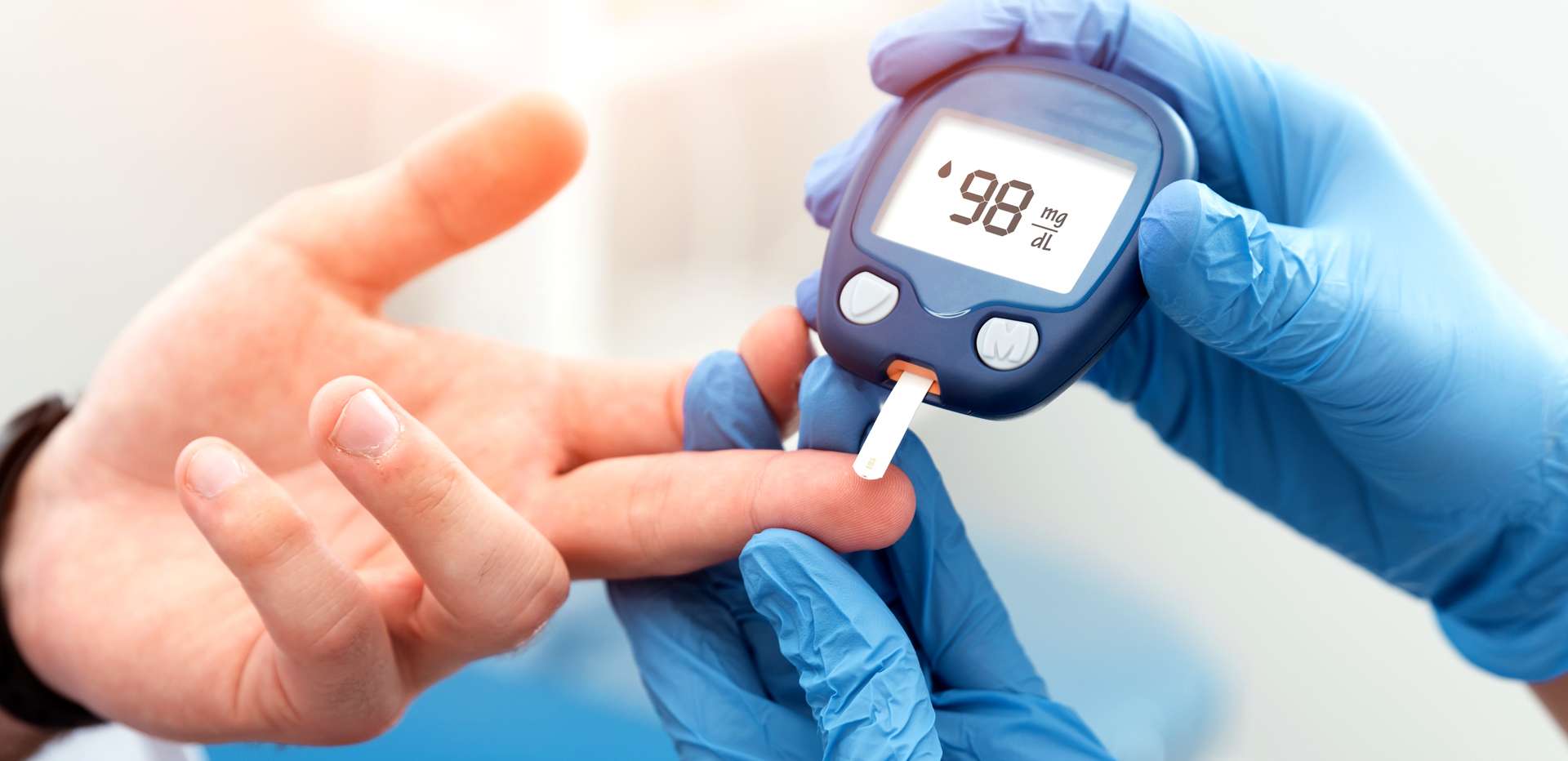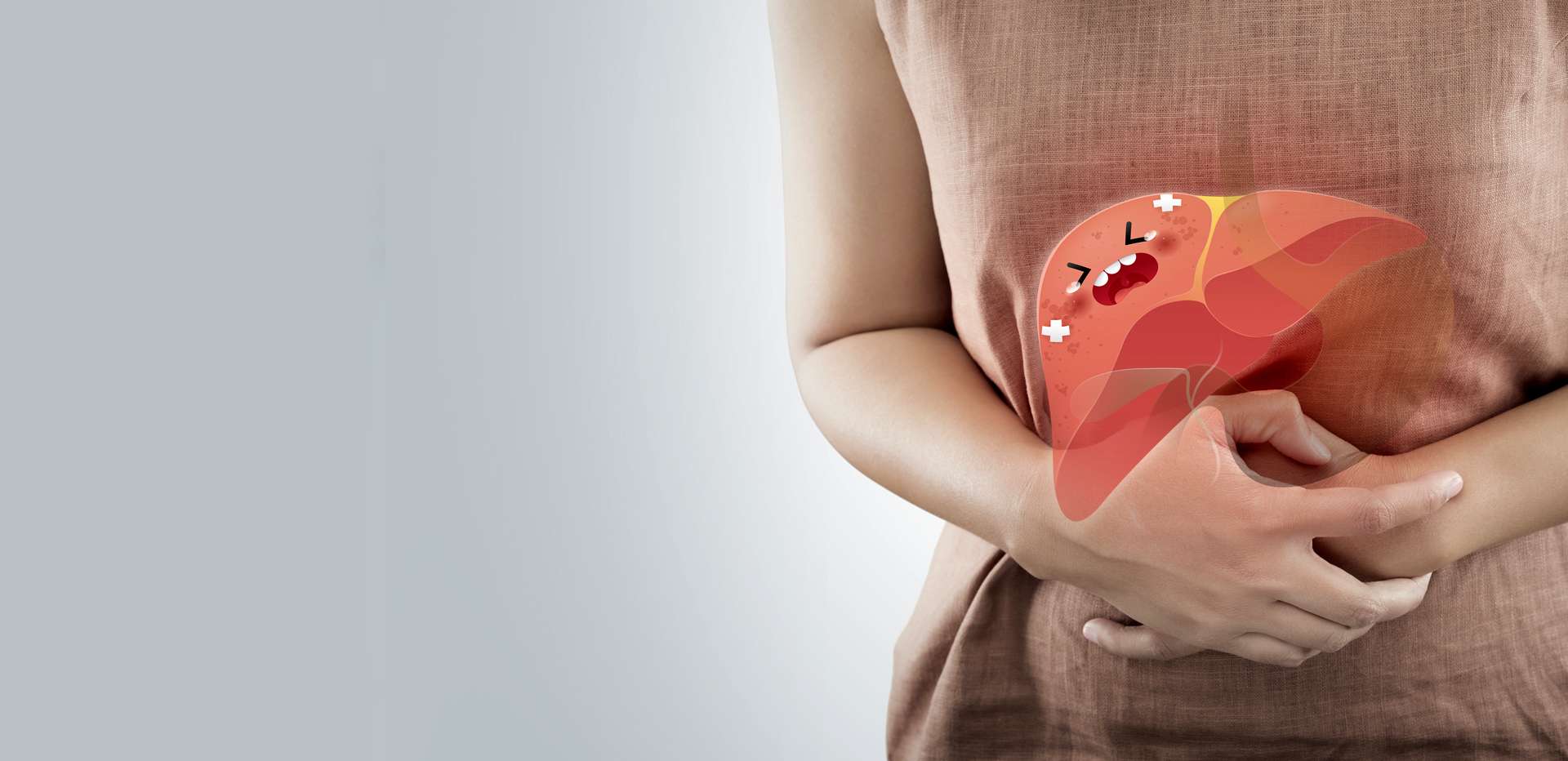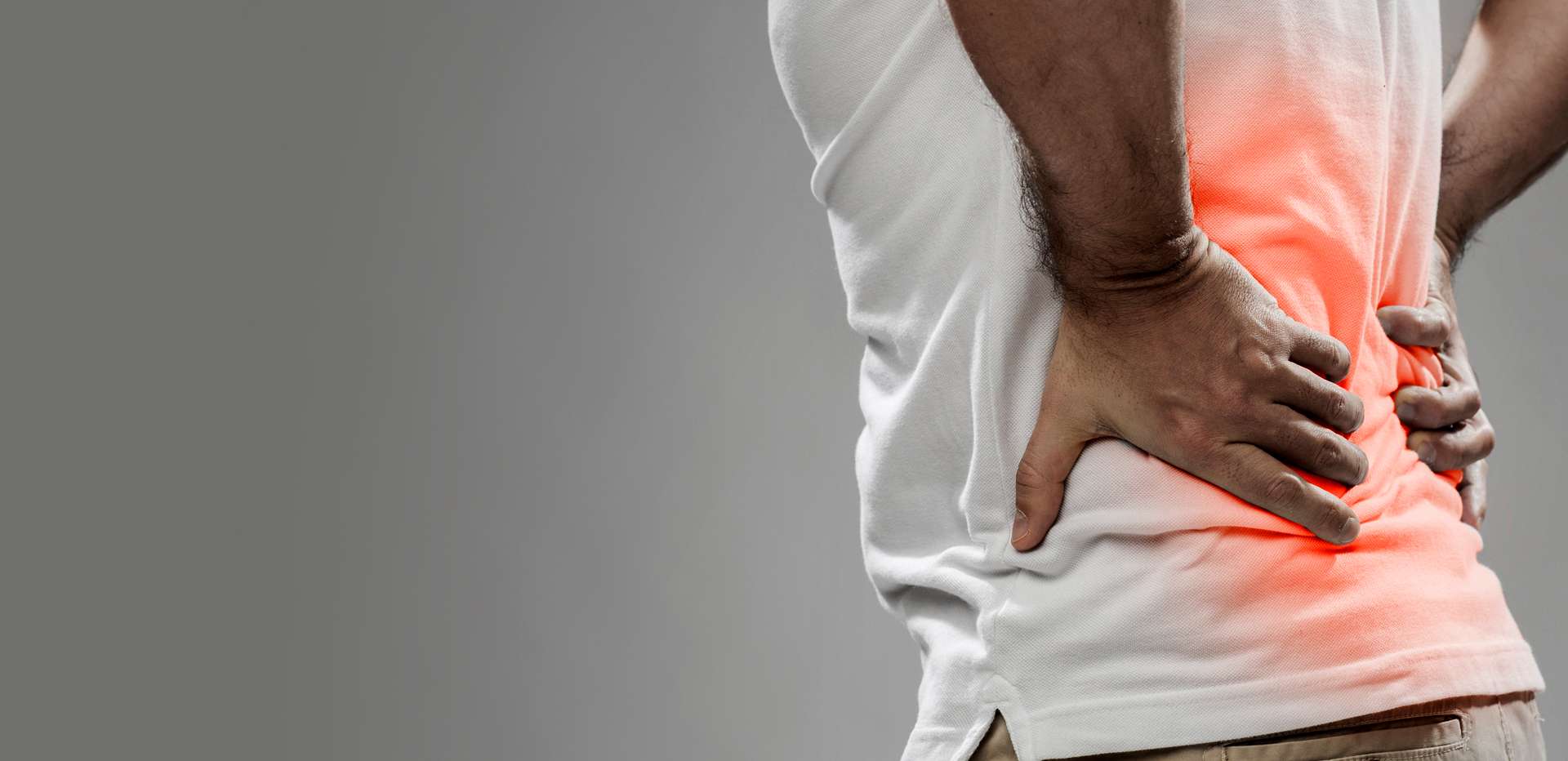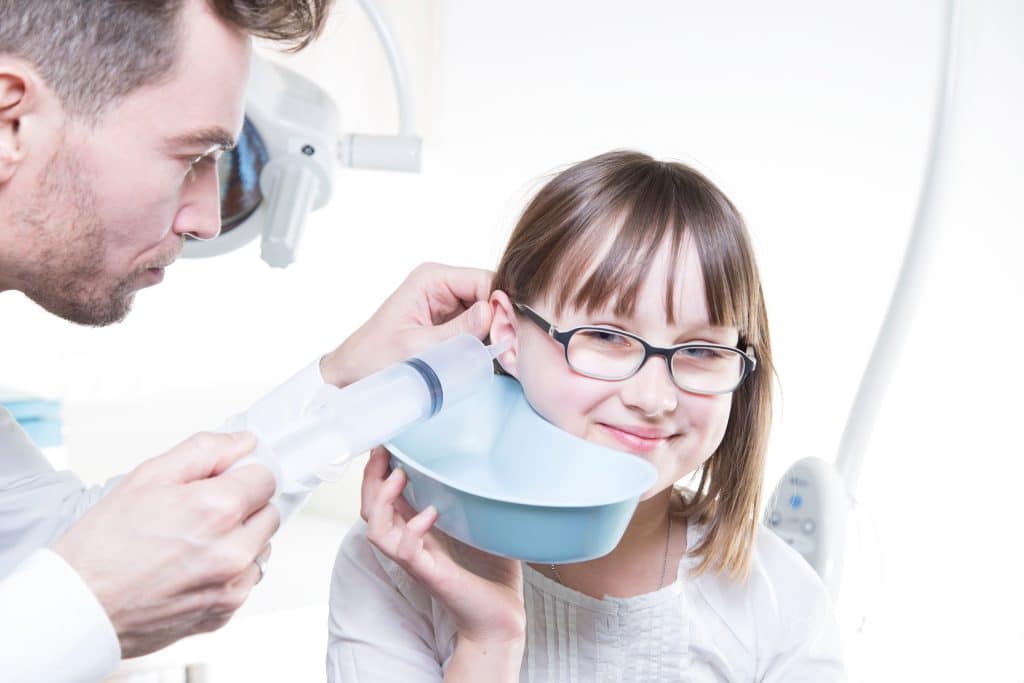Most people will need to have excess wax removed from their ears at least once during their lifetime. Ear wax is very important to your ear health and usually, it does not cause any problems. However, earwax can sometimes excessively build up and cause symptoms like tinnitus, muffled hearing, or mild pain. This happens more often as people grow older, but it can happen to anyone of any age.
Excessive ear wax production and build-up can be caused by age, damage to the ear canal, or having narrow ear canals. Another common cause is using cotton swabs in the ears. Using hearing aids or earplugs regularly can also be a factor.
Excessive Ear Wax Complications:
- Ear pain
- Sudden hearing loss
- A feeling of fullness in the ears
- Ringing in the ears
- Dizziness or vertigo
- Ear discharge
- An unusual or foul odour
Ear Microsuction in Hanwell and Northolt
One of the safest ways to remove a build up of ear wax is by having it removed professionally. There are a few ways to do this, but the safest and most effective method is ear microsuction. Ear microsuction isn’t usually covered by the NHS so you will need to arrange this efficient procedure privately through a pharmacist or audiology centre.
When done by professionals with specialised equipment like those at Touchwood Pharmacy, ear microsuction is a fast and relatively painless procedure. A small vacuum device is used to gently suck out the wax quickly and cleanly. A small camera assists the clinician in performing the procedure and no sensitive parts of the ears will be touched.
Our ear microsuction services in Camberley are carried out to the highest level of safety. You might feel a little dizzy after microsuction ear wax removal, but this will stop once your ears adjust to being cleared of wax. There are no reported serious side effects.
If you’re looking for safe and affordable ear wax removal in Ramsgate or Northampton, contact Touchwood Pharmacy or book an appointment online.




